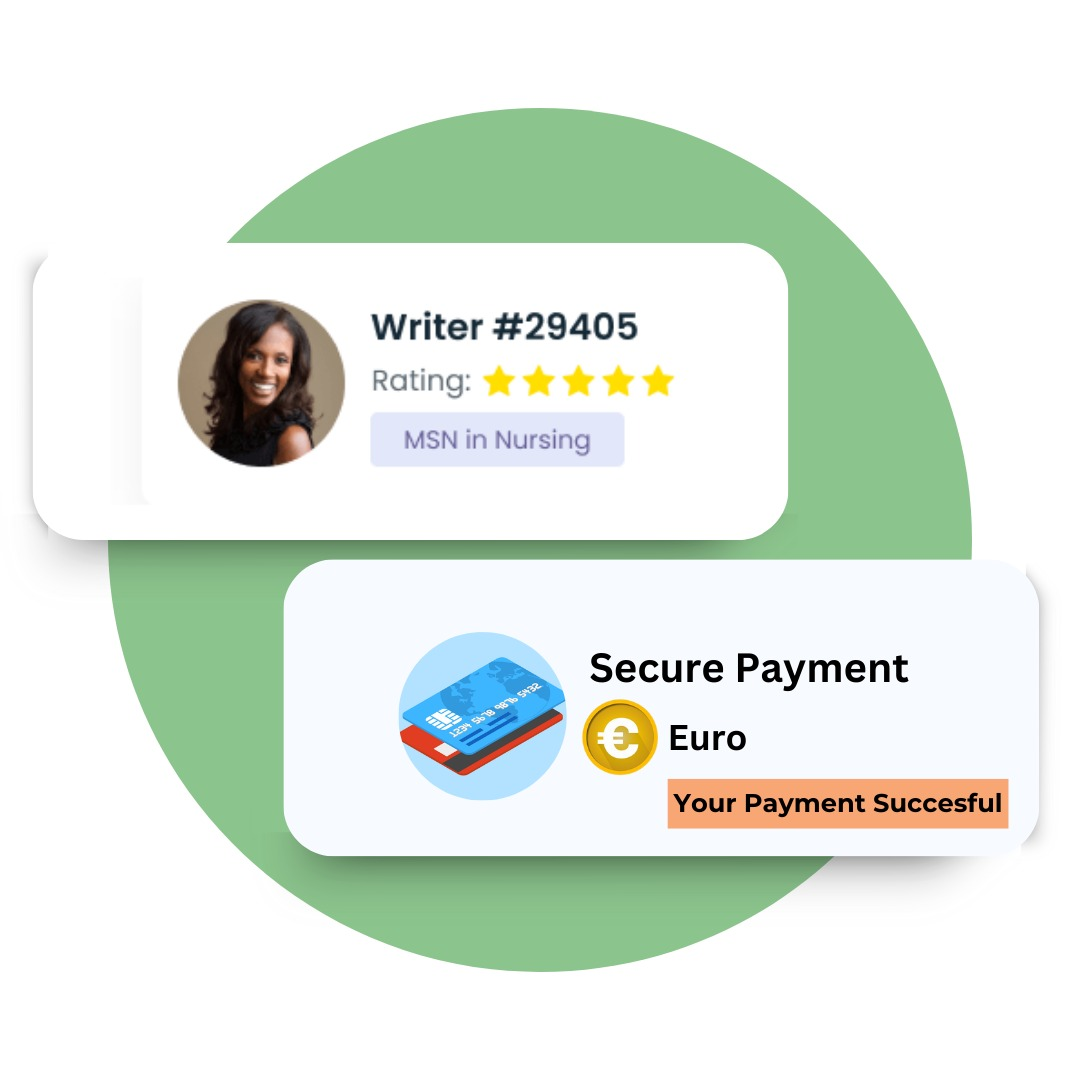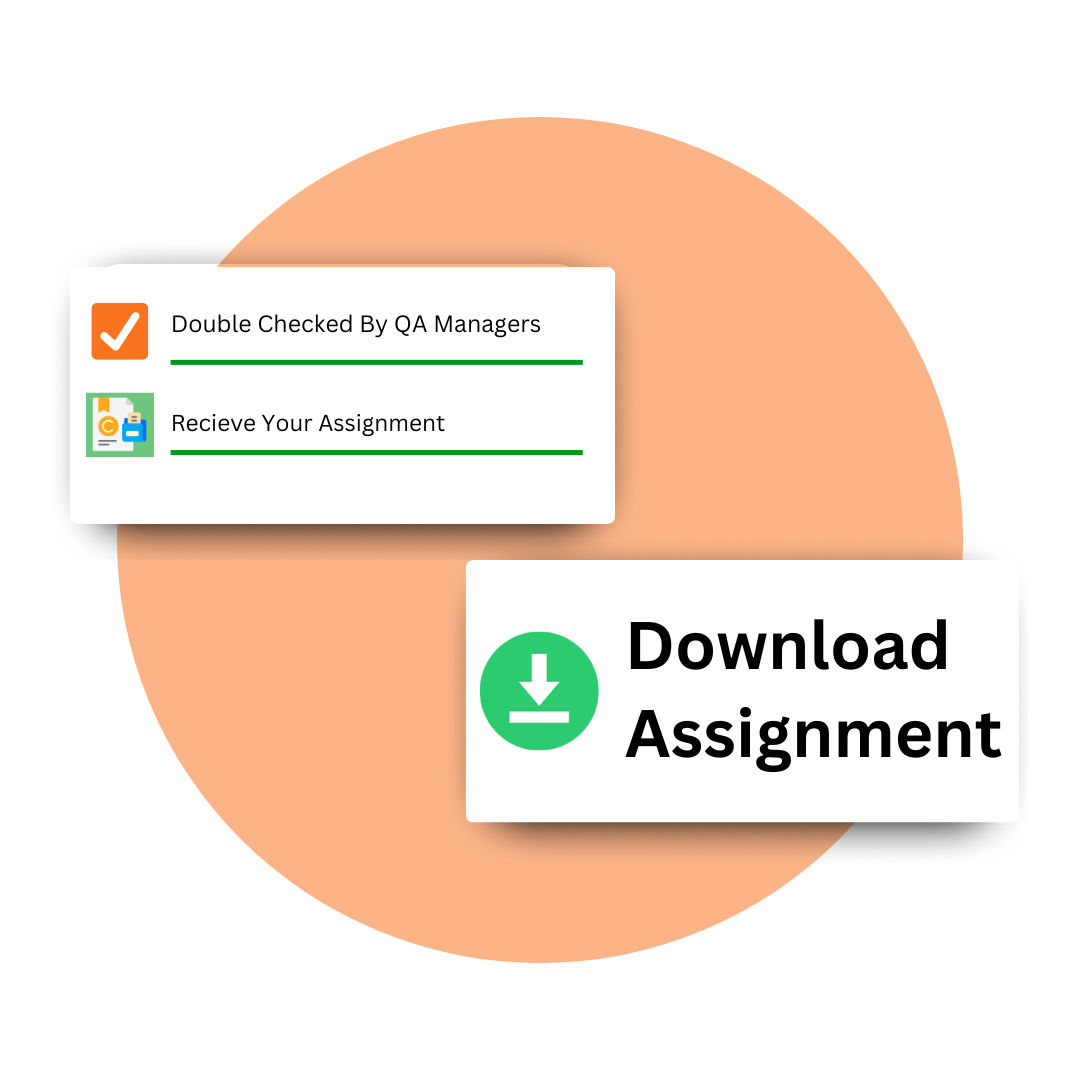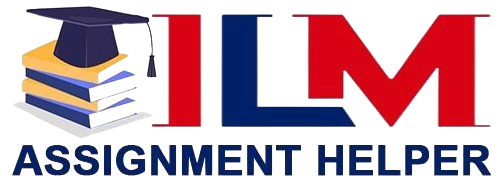Get ILM Assignment Solutions From Our Expert British Writers In 3 Steps
Get tailored ILM assignment solutions from expert British writers in just 3 simple steps!

Provide the details of your assignment in the form given on the screen (topic, deadline, number of pages, document or any specific requirements).

After receiving your order, we will assign a writer who is skilled in Strategic Mentoring Integration. He will review your order and give you a fair quote. You can pay through PayPal or a credit/debit card.

Once our writer finishes writing your assignment, you will be asked to download it through your preferred email. After you download our professionally written assignment, you can request a revision if you need any changes.
Your Reliable Partner for Affordable, High-Quality ILM Level 7 Assignments!
- Expertise in ILM Level 7
- PhD/Master’s degree holders
- At least 18 years of writing experience
On-Time Delivery and 24/7 Support—Your ILM Success Partner!
24/7 Customer Support
Do you have any questions or concerns about your assignment? Our customer care team is always available around the clock to attend to any of your needs. In need of help in placing an order, or perhaps you want to know details about an assignment? We are here to help you at every turn.
AI-free And Plagiarism-free Work
We make sure that every piece of ILM assignment we write is 100% human-written and exactly according to your requirements. With rigorous plagiarism checks, you have peace of mind knowing you wouldn't even find a slight similarity in your work on the most advanced plagiarism detection software.
On-Time Delivery
We guarantee that all the work you will be assigned from our experts will always be submitted within the given deadline, so there is no reason to be concerned about late submissions and consequent penalties. Our short-term or long-term tasks are submitted within the decided timeframe so that your work is submitted well on time.
Cheap Prices with Discounts
We believe high-quality academic support should not come at a very high cost. Our charges are competitively cut, and we offer regular discounts to make our services even more accessible to UK scholars. Get the best value for your money with affordable ILM assignment help.
Every UK Scholar Can Buy Our ILM Assignment Solution For The Cheap Price
Experience academic success with our affordable solutions for your ILM Level 7 8581-700 Understanding the context of coaching and mentoring in a strategic business environment, assignment help. Our writers make sure to demonstrate an understanding of organisational teamwork, teamwork in management, effective collaboration, and building strategic partnerships. Contact us today and get AI-free, guaranteed on-time delivery assignments and experience high academic grades in ILM Level 7.
Assignment task 1: Establish the organisational context, strategy, culture and processes for coaching or mentoring at a senior level
AC 1.1 Define and differentiate between the different focus, roles, processes and environments for the two different disciplines of coaching and mentoring
Coaching:
- Focus: goal attainment, performance enhancement, and skill building.
- Role: A facilitator—the coach helps a coachee discover his or her own solutions and how to set appropriate goals.
- Process: structured, with defined outcomes, regular sessions, and measurable results.
- Environment: Generally formal and regulated, with more focus on professional practice.
Mentorship:
- Focus: On personal and professional development, growth, and general development.
- Role: The mentor is an experienced advisor, providing advice, sharing knowledge, and supporting the mentee’s personal growth.
- Process: Not as structured as coaching, long-term relationships are formed more with the focus being on personal growth rather than specific performance.
- Environment: More informal and long-term, often built around a relationship of trust and mutual respect.
AC 1.2 Critically review the organisational context, strategy, characteristics, culture and conditions for effective coaching or mentoring
- Organisational Context: Understanding how the organisational structure, leadership styles, and employee needs shape coaching and mentoring programs.
- Strategy: Coaching and mentoring in relation to the broader organisational goals. Examples may include leadership development or talent management.
- Characteristics: Identifying which characteristics of effective coaching or mentoring programs are present, such as clear objectives, commitment from both parties and follow-through.
- Culture: How much does the organisational culture support or hinder coaching and mentoring, such as having openness to feedback and supportive hierarchical structures.
- Conditions for Effectiveness: Required conditions for success, such as resource availability, executive support, and employee buy-in.
AC 1.3 Evaluate alternative organisational strategies other than coaching or mentoring
Training and Development: Formal educational programs, workshops, and seminars for building specific skills.
Team Building: cross-functional teams, peer learning, and experience-building exercises for better results.
Job Rotation: Employees are given different jobs to broaden their skill set and provide new experience.
Succession planning: identifying and developing future leaders through a formal process of career development.
AC 1.4 Determine the factors which impact on how coaching or mentoring are integrated at a senior, strategic and organisational level
Senior Leadership Support: Commitment and permission by senior leaders to promote coaching and mentoring as part of organisational development.
Resources: availability of time, money, and qualified coaches or mentors to ensure programs are a success.
Alignment with Organisational Goals: Ensure that the coaching and mentoring programs are in alignment with strategic objectives, such as talent management or leadership development.
Employee Readiness: The readiness and ability of employees at higher levels to receive coaching or mentoring.
Assignment task 2: Comparing and contrasting different approaches to coaching or mentoring
AC 2.1 Define and critique the distinctions between various methods of coaching or mentoring, including (as a minimum) executive, leadership, professional and business coaching or mentoring
Executive Coaching:
- Designed to support the personal growth of top executives, with their objectives aligned with those of the organisation as a whole.
- Critic: Very often, work is done at high stakes, necessitating professional coaches highly
aware of leadership dynamics.
Leadership Coaching:
- Designed to build competencies in line with leadership skills, such as decision-making, team management, and effective communication.
- Critic: Sometimes lacks clear identification with organisational objectives and is most centred on individual characteristic improvement.
Professional Coaching:
- Tuned to augment skills and competencies in a particular professional environment.
- Criticism: This could be too narrow on technical skills with more focus and emphasis on general leadership competencies.
Business Coaching:
- It focuses on business strategy, market understanding, and organisation improvement.
- Criticism: Overlooks personal development of the individual for the sake of business performance.
Assignment task 3:Reviewing the conditions, skills and practices for effective and ethical coaching and mentoring
AC 3.1 Critically review the skills and behaviours required for ethical practice in coaching or mentoring at a senior and strategic level
Skills for ethical practice:
- The ability to listen, emotional intelligence, empathy, and trust building.
- Ability to ask powerful questions to help the coachee/mentee reflect on their actions and choices.
Behaviours for Ethical Practice:
- Confidentiality, respect for borders, and maintaining an objective position while supporting the individual’s growth.
- Avoiding conflicts of interest and maintaining fairness, especially upholding the autonomy of the individual.
AC 3.2 Justify the importance and role of codes of practice, contracting and supervision at this level of coaching or mentoring practice
- Codes of Practice: Determine moral limits, keeping the relationship professional, transparent, and credible.
- Contracting: Ensures clarity around expectations, goals, and responsibilities between coach/mentor and coachee/mentee.
- Supervision: Ensures coaches have a reflective space for that they can discuss challenging issues, keep within ethical standards, and get directions on complex cases.
Assignment task 4: Evaluate the contribution of coaching and mentoring for individuals and organisations
AC 4.1 Critically assess the contribution of coaching or mentoring to improve both individual and organisational strategic performance
Individual Performance: Coaching and mentoring equip individuals with the knowledge, skills, and competencies required to successfully and effectively perform their jobs, which leads to job satisfaction and better performance in the organisation.
Organisational Performance: Coaching and mentoring programs contribute to the development of leadership pipelines, employee engagement, and alignment of individual goals with organisational strategy.
AC 4.2 Evaluate the application of coaching or mentoring within a specific organisation or business environment
- Case Study Review: Investigate a particular organisation where coaching or mentoring is being used, providing details on the structure and design of the program, the problems faced, and the results on individual and organisational performance.
Evaluation Criteria: Effectiveness of the coaching or mentoring program, participant feedback, employee engagement and retention rate, and alignment with organisational objectives.
Get Inspired by Our Student Reviews on ILM Assignment Help!
Get inspired by student reviews on our ILM assignment help, showcasing how we’ve supported their journey to academic success.
A
Alex Turner

ILM Assignment Helper played a key role in my success with ILM Level 3 assignments. Their team offered exceptional insights, guidance, and support. They ensured I understood the core concepts and applied them in my coursework, resulting in fantastic grades and a more solid grasp of leadership principles.
M
Michael Thompson

ILM Assignment Helper delivered high-quality work for my ILM Level 7 assignments. Their expert writers incorporated advanced research and real-world examples that directly aligned with my academic needs. With their support, I achieved excellent grades and was able to apply the knowledge practically in my career.
E
Emma Green

I couldn’t have asked for better help with my ILM Level 3 assignments. ILM Assignment Helper’s team provided clear, concise, and well-researched content that directly addressed the challenges in my coursework. With their help, I improved my grades significantly and gained a clearer understanding of leadership principles.
D
Daniel Hughes

I was having difficulty understanding some of the more complex management theories in my ILM Level 5 course. The team at ILM Assignment Helper provided tailored support that helped me break down these concepts into easily digestible pieces. Their research and writing assistance improved my work quality and led to top grades in my assignments.
C
Charlotte Roberts

ILM Assignment Helper was a lifesaver during my ILM Level 7 course. Their expert writers not only provided high-quality, well-researched content but also made sure the assignments aligned perfectly with the requirements of my curriculum. Thanks to their assistance, I passed with distinction and gained insights that will benefit me in my career.
J
James Carter

I was struggling to understand the practical application of leadership theories in my ILM Level 3 assignments, but ILM Assignment Helper made everything clear. The team’s input was invaluable, helping me complete my work with a deep understanding of how these theories apply to real-life situations. I received excellent grades thanks to their support.
Get Tailored Assignment Help in Just a Few Clicks!
Our expert writers craft assignments to fit your requirements perfectly!

Our ILM level 7 leadership and management assignment help covers the following units:
- 8581-700 Understanding the Context of Coaching and Mentoring in a Strategic Business Environment
- 8581-701 Undertaking Coaching or Mentoring at a Senior and Strategic Level
- 8581-702 Undertaking an Extended Period of Coaching or Mentoring at a Senior and Strategic Level
- 8581-703 Reflecting on Your Own Ability to Perform Effectively as a Coach or Mentor Practising at a Senior Level
- 8617-700 Developing Leadership and Management Capability Through Enquiry
- 8617-701 Developing a High-Level Business Case
- 8617-702 Developing and Maintaining a High-Performance Culture and Optimising Resources






